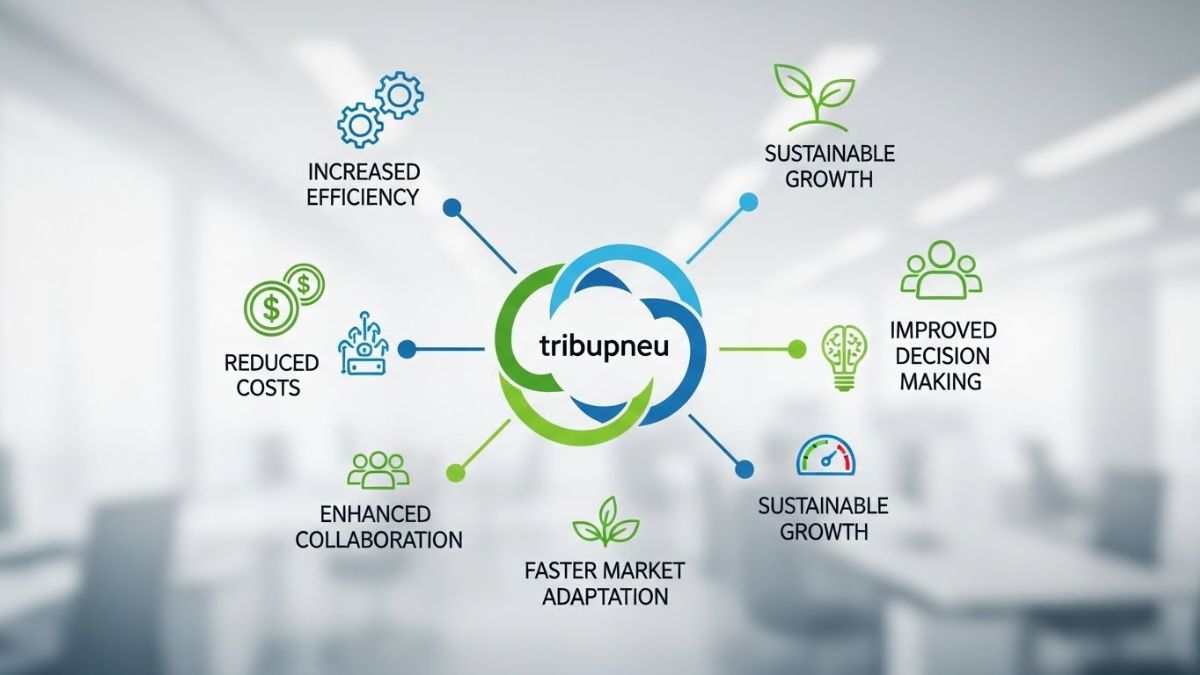When embarking on a demolition project, selecting the right professionals is crucial to ensure safety, efficiency, and adherence to regulations. Whether the project involves residential, commercial, or industrial structures, having reliable and knowledgeable professionals can make a significant difference. We will explore the various aspects to consider when choosing demolition experts, including their experience, certifications, equipment, and safety practices. By understanding these factors, you can make an informed decision and ensure your demolition project is completed smoothly and successfully.
Assessing Experience and Reputation
When choosing demolition professionals, the first step is to evaluate their experience and reputation in the industry. Experienced contractors bring a wealth of knowledge that can significantly impact the success of your project. Look for companies with a proven track record in handling projects similar to yours. This experience is often reflected in their ability to manage unexpected challenges and complete the job efficiently. Researching online reviews, seeking recommendations from previous clients, and reviewing case studies or project portfolios can provide insights into their past performance. Additionally, consider how long the company has been in business, as longevity often indicates stability and reliability in the field.
Checking Certifications and Licensing
Another essential aspect to consider is whether the demolition professionals hold the necessary certifications and licenses required for their work. Specific licenses are mandatory for demolition activities in many regions, ensuring the company complies with local regulations and standards. Certifications from recognized industry organizations also indicate that the professionals adhere to best practices and know the latest safety and environmental regulations. Confirming these credentials helps ensure the demolition will be conducted legally and safely, minimizing the risk of legal issues or accidents.
Evaluating Equipment and Technology
The equipment and technology used by demolition experts play a crucial role in the efficiency and safety of the project. Modern demolition often requires specialized machinery, such as excavators, cranes, and shears, to handle different structures and materials effectively. Ensure that the company you choose is equipped with the latest tools and technology to handle the specific demands of your project. Inquire about the maintenance and condition of their equipment and machinery, which is less likely to malfunction or cause delays. Additionally, check if the company invests in new technology that enhances demolition, such as dust suppression systems or advanced recycling methods.
Understanding Safety Practices
Safety is a paramount concern in any demolition project, and the practices followed by the professionals you hire should reflect this. Ensure the demolition company adheres to stringent safety protocols to protect workers, the surrounding environment, and adjacent structures. This includes conducting thorough site assessments, using personal protective equipment, and implementing measures to manage hazards such as asbestos or lead. Ask about their safety training programs and whether their staff is regularly updated on safety procedures. A commitment to safety not only protects everyone involved but also helps prevent costly accidents and delays.
Reviewing Insurance and Liability Coverage
Before finalizing your choice of demolition professionals, reviewing their insurance and liability coverage is important. Demolition projects involve inherent risks, and adequate insurance coverage is essential to safeguard against accidents or damage. Verify that the company carries comprehensive liability insurance and worker’s compensation coverage. This ensures that you are protected in case of unforeseen incidents during demolition. Request proof of insurance and check with the insurance provider to confirm that the coverage is current and sufficient for the scope of your project.
Considering Environmental Practices
Environmental considerations are increasingly crucial in demolition projects, as improper materials disposal can have significant ecological impacts. Choose demolition professionals who prioritize environmentally friendly practices, such as recycling and proper waste disposal. Inquire about their procedures for handling hazardous materials and their approach to minimizing environmental damage. Some companies may offer services to salvage reusable materials, which can be beneficial for reducing waste and supporting sustainability efforts. Ensuring the demolition process aligns with environmental regulations and practices helps mitigate adverse environmental effects.
Assessing Project Management and Communication
Effective project management and communication are crucial for the smooth execution of a demolition project. Evaluate how the demolition professionals plan and coordinate their activities, including timelines, budget management, and coordination with other contractors or stakeholders. Clear and transparent communication helps address any issues promptly and keeps the project on track. Discuss how the company manages changes or unexpected developments and whether they provide regular updates on progress. A company with strong project management skills and good communication practices is likelier to deliver a successful and hassle-free demolition experience.
Choosing the right demolition professionals is a critical step in ensuring the success of your demolition project. By assessing their experience, certifications, equipment, safety practices, insurance, environmental considerations, and project management skills, you can make an informed decision that aligns with your project’s needs. Prioritizing these factors helps ensure that the demolition process is carried out efficiently, safely, and in compliance with regulations. With careful selection, you can achieve a smooth and successful demolition, paving the way for the next phase of your project.











